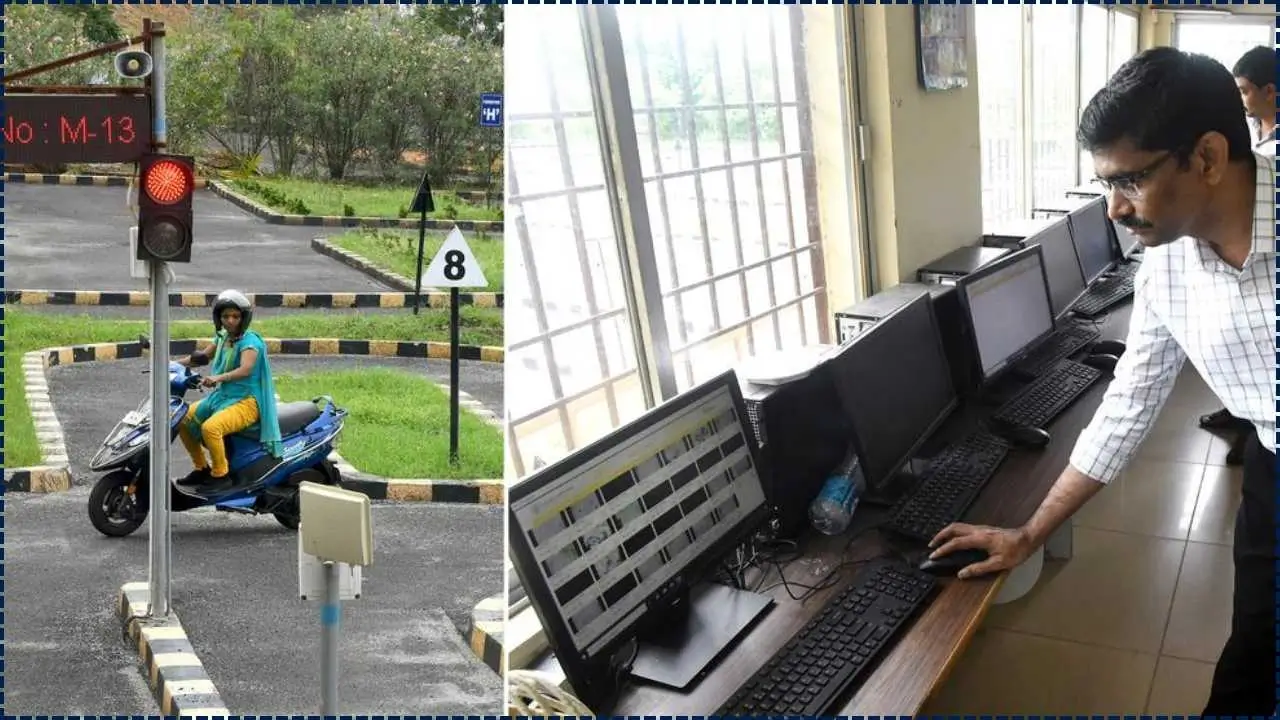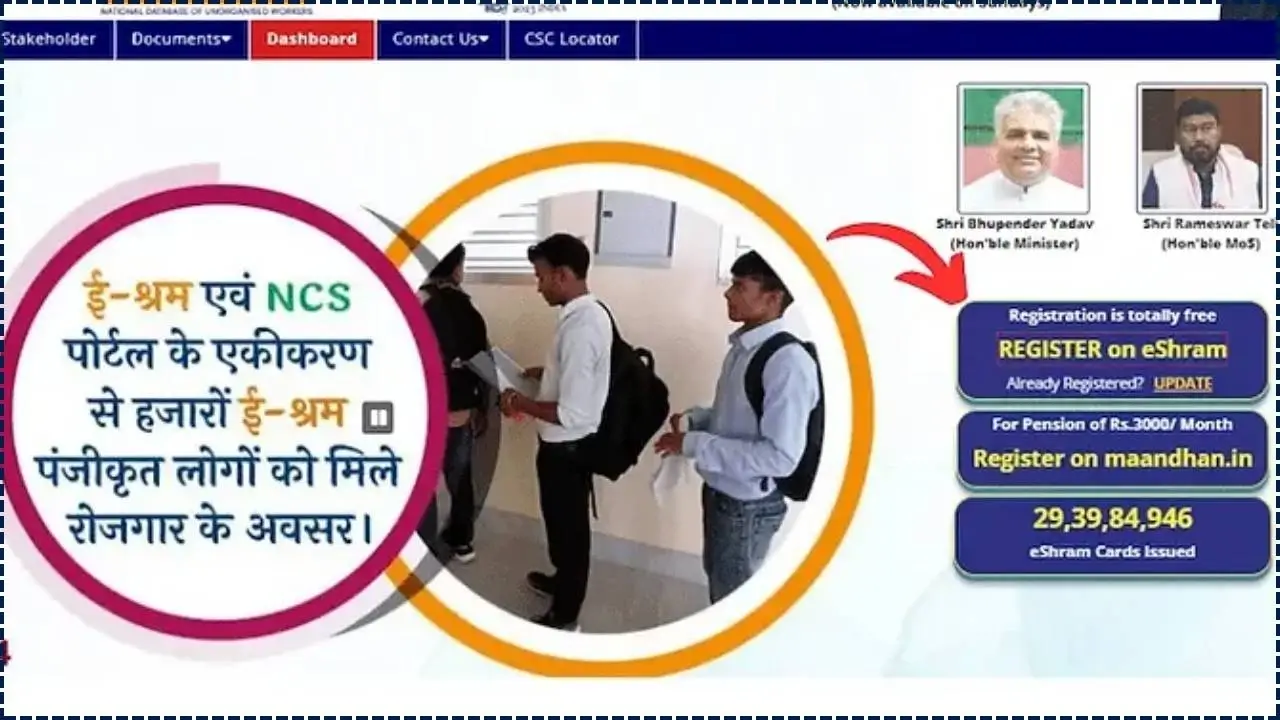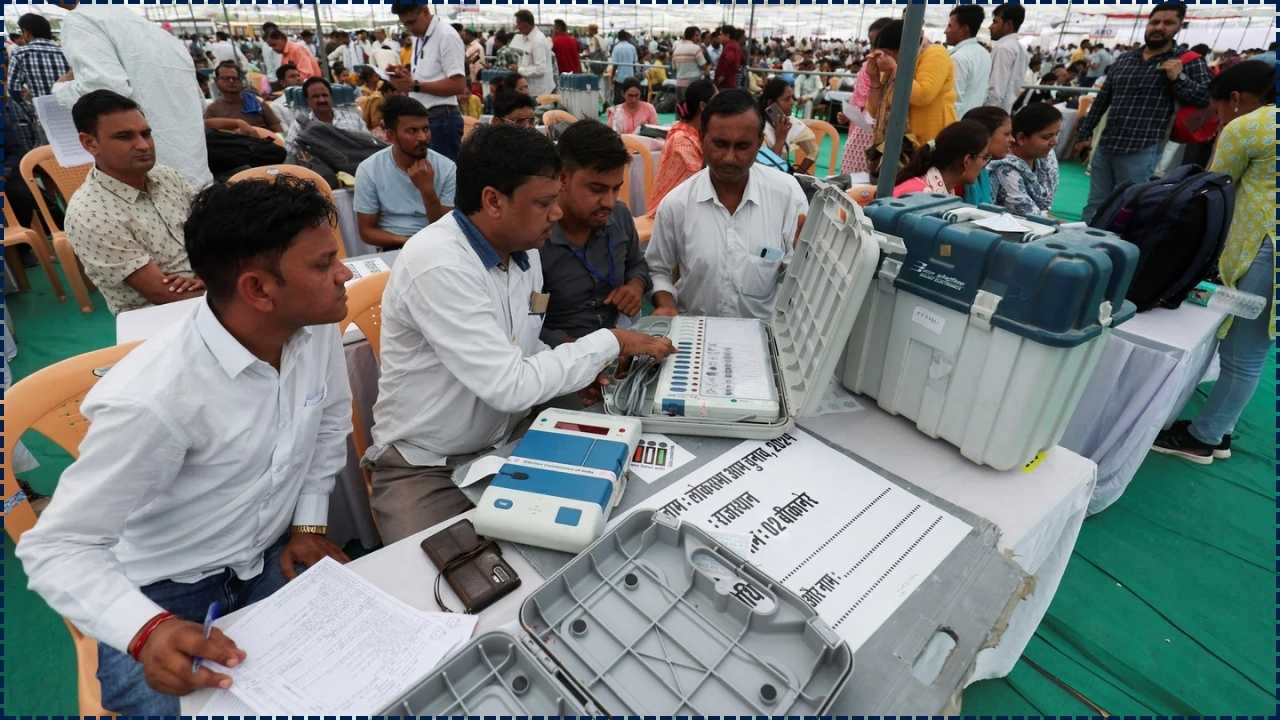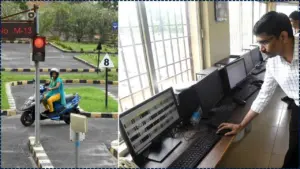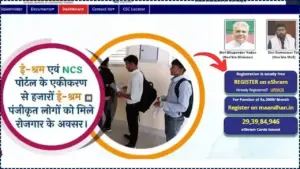India’s transition to an online process for vehicle fitness certificates reflects a compassionate commitment to fostering safer roads and cleaner environments, empowering vehicle owners, particularly those from underserved communities, with a streamlined, transparent system that ensures roadworthiness while reducing bureaucratic hurdles and promoting dignity.
By simplifying access through digital platforms, this reform aligns with India’s vision for sustainable mobility, encouraging timely applications, accurate documentation, and adherence to state-level rules to avoid penalties and protect public safety.
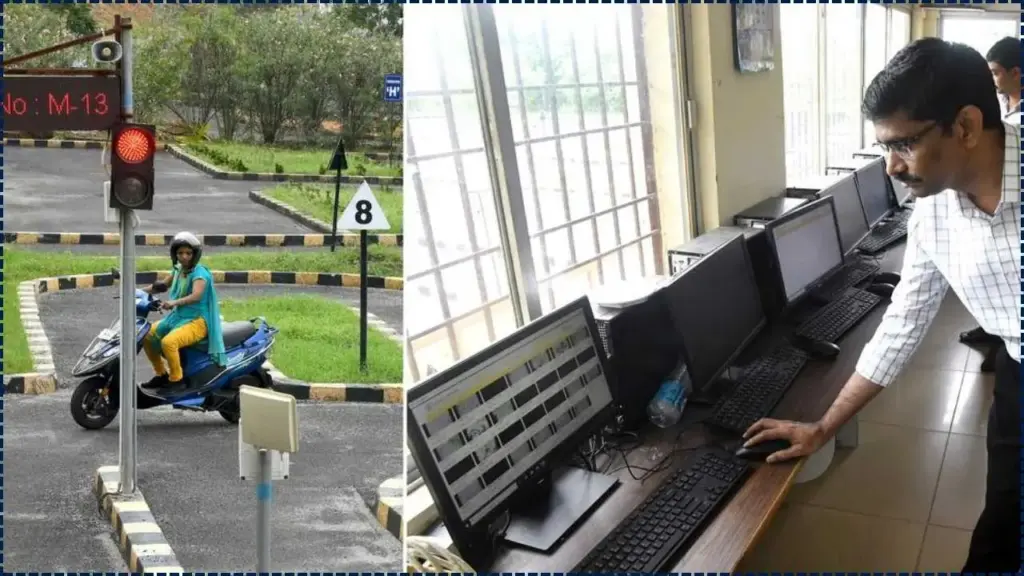
This initiative unites owners, authorities, and communities in a shared mission to create an equitable, efficient framework that safeguards lives, nurtures environmental responsibility, and builds hope for a safer, more inclusive future across India’s roads.
The Indian Ministry of Road Transport and Highways has streamlined the vehicle fitness certificate application process through its online Parivahan platform, enabling owners to apply, renew, and download certificates digitally while ensuring compliance with road safety and emission standards.
What Is a Vehicle Fitness Certificate
A vehicle fitness certificate is a mandatory document under the Motor Vehicles Act, confirming that a vehicle is roadworthy, safe, and compliant with environmental norms. Without it, vehicles—especially commercial ones—cannot legally operate on Indian roads, and owners may face penalties.
According to the Ministry of Road Transport and Highways (MoRTH), fitness certificates are crucial in reducing road accidents linked to mechanical failures and in regulating vehicular emissions that impact air quality.
Applying for a Vehicle Fitness Certificate Online
The government has digitised the process to simplify compliance. Owners can now apply through the Parivahan Sewa portal (vahan.parivahan.gov.in), which centralises vehicle-related services across states.
Overview of the Digital Process
| Step | Action Required |
|---|---|
| Step 1 | Visit the Parivahan portal and select “Vehicle-Related Services.” |
| Step 2 | Choose your state and Regional Transport Office (RTO). |
| Step 3 | Enter registration details such as chassis number and mobile number for verification. |
| Step 4 | Upload documents including Registration Certificate (RC), valid insurance, Pollution Under Control (PUC) certificate, and proof of road tax payment. |
| Step 5 | Pay the applicable fee online, which varies by vehicle category. |
| Step 6 | Book an appointment at the designated RTO or authorised testing station for physical inspection. |
| Step 7 | Upon successful inspection, download the fitness certificate directly from the portal. |
Documents Required
Applicants must ensure all documents are valid and updated. Typically, the following are needed:
- Registration Certificate (RC)
- Valid insurance certificate
- PUC certificate
- Road tax payment receipt
- Previous fitness certificate (for renewals)
- Identity proof (such as Aadhaar) in some states
Validity and Renewal
The validity of a fitness certificate depends on the type of vehicle:
- Commercial vehicles: Two years for new vehicles, followed by annual renewals.
- Private vehicles: Valid for 15 years initially, with renewals every five years thereafter, depending on state regulations.
Failure to renew on time can result in fines and the vehicle being deemed unfit for use.
State-Level Variations
While Parivahan standardises the process nationally, some states such as Kerala, Bihar, and Assam operate additional digital systems. For example, Kerala’s Motor Vehicles Department allows direct online submission and appointment scheduling through its state portal.
Transport experts emphasise that applicants should verify procedures on their respective state RTO websites, as additional documents or inspection steps may apply.
Related Links
Checking Electricity Bill Status and Paying Online: State-Wise Guide
How to Apply for an e-Passport in India: Digital Application Guide
Penalties for Non-Compliance
Driving a vehicle without a valid fitness certificate can attract fines ranging from ₹5,000 to ₹10,000 under the Motor Vehicles Amendment Act, 2019. Repeat violations may lead to suspension of registration or impoundment of the vehicle.
Legal experts note that for commercial operators, non-compliance can also affect insurance claims in the event of accidents.
Why the Digital Transition Matters
The government’s move to digitise fitness certificate applications is part of its broader initiative to modernise transport services and reduce physical interactions at RTO offices.
“Digitisation increases transparency and reduces the scope for middlemen. It also ensures that safety checks are enforced systematically,” said a senior MoRTH official in a recent press briefing.
Industry observers add that digitalisation may also help authorities track vehicles more effectively, particularly those contributing disproportionately to air pollution.


